Guidelines for Creating Educational Continuity During Prolonged Crisis Situations: Insights from the ‘ Education during crisis’ Forum
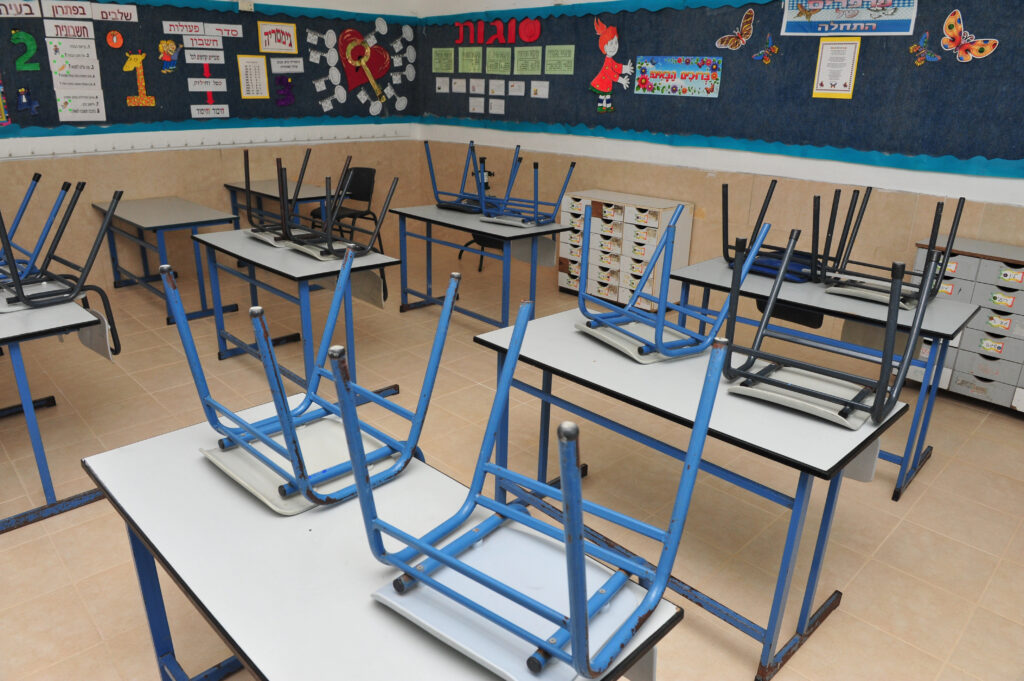
The presented analysis and recommendations aim to ensure uninterrupted educational routine for all Israeli pupils, with a specific focus on those evacuated. This report was written following the Iron Swords War eruption on October 7, 2023 for about three months (from November 12, 2023, to January 28, 2024). This war and the crisis that followed it, posed the education system with multifaceted and complex challenges previously unencountered, but will most probably will face in future crisis situations, such as earthquake events in Israel.
Startup Companies in Times of Crisis – Insights

In 2023, the Israeli high-tech sector faced a crisis in investment due to legal changes, a global economic downturn, and later, the impact of the Iron Sword conflict. The United States and Europe also experienced a decline in high-tech investments during this year, although at much lower rates than in Israel. Consequently, at the beginning […]
Home: Milestones in Shaping a Policy for the Return of Residents to their Homes at the End of the War
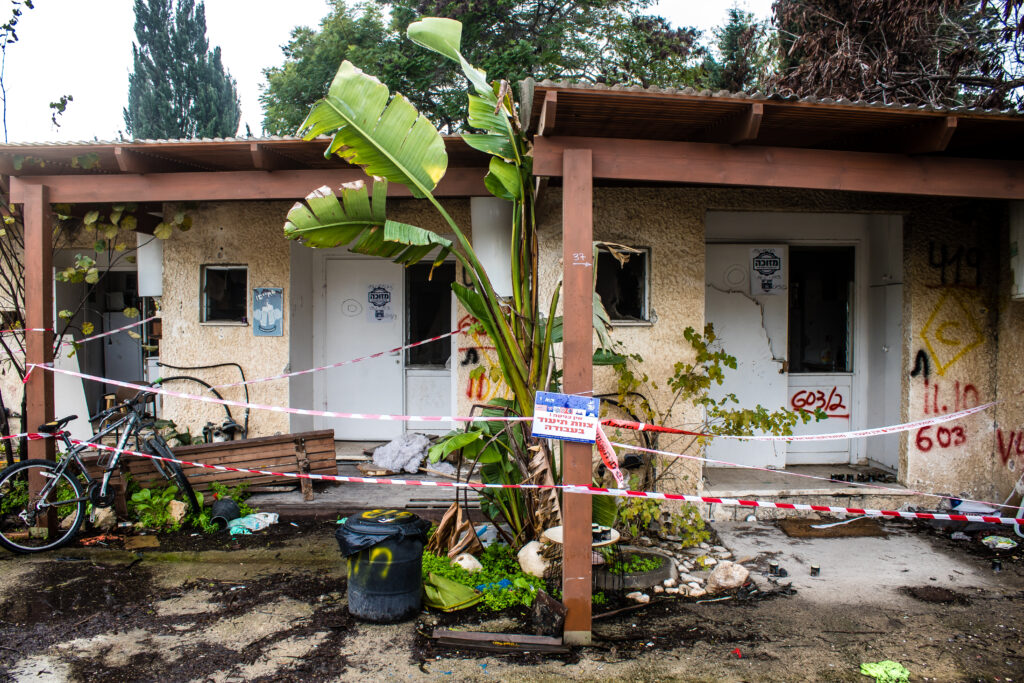
The State of Israel faces an unprecedented situation in its history following the horrific massacre of communities in the South on October 7th. Tens of thousands of residents were evacuated from their homes, initially from the Gaza Envelope area and later from the northern border. At the time of writing, three months after the outbreak […]
R&D Outputs in Israel: International Comparison of Scientific Publications, 2023
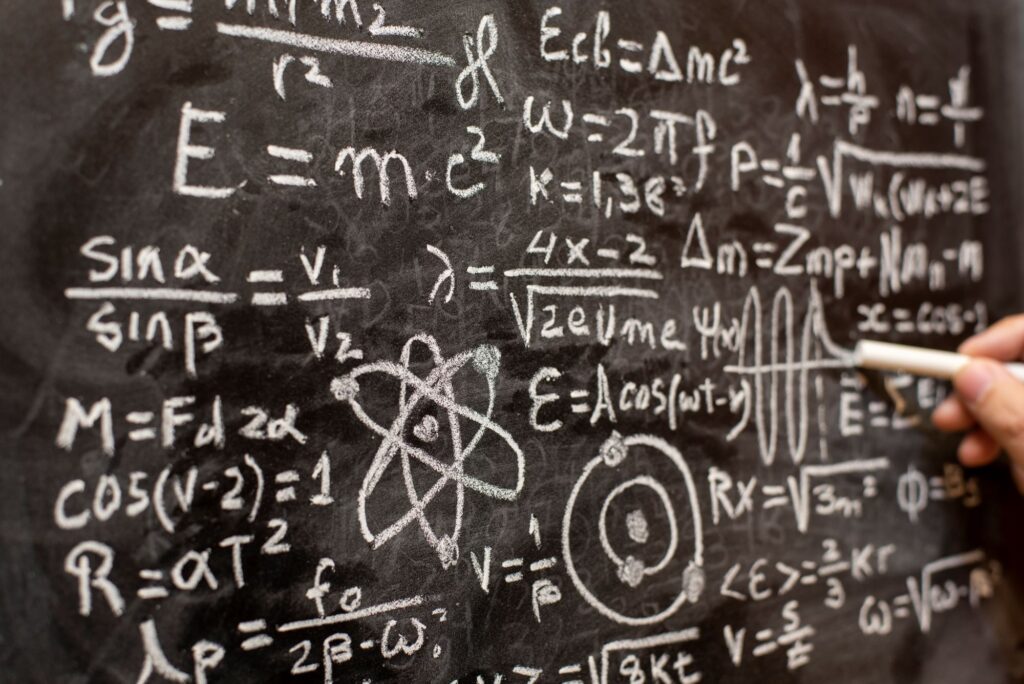
This report presents the findings of a bibliometric analysis conducted in 2023, examining the evolution of Israel’s research outputs over time and comparing them on an international scale. The report offers insights into research productivity and the global scientific impact of Israeli research.
R&D Indicators in the Government Sector and Government Research Institutions
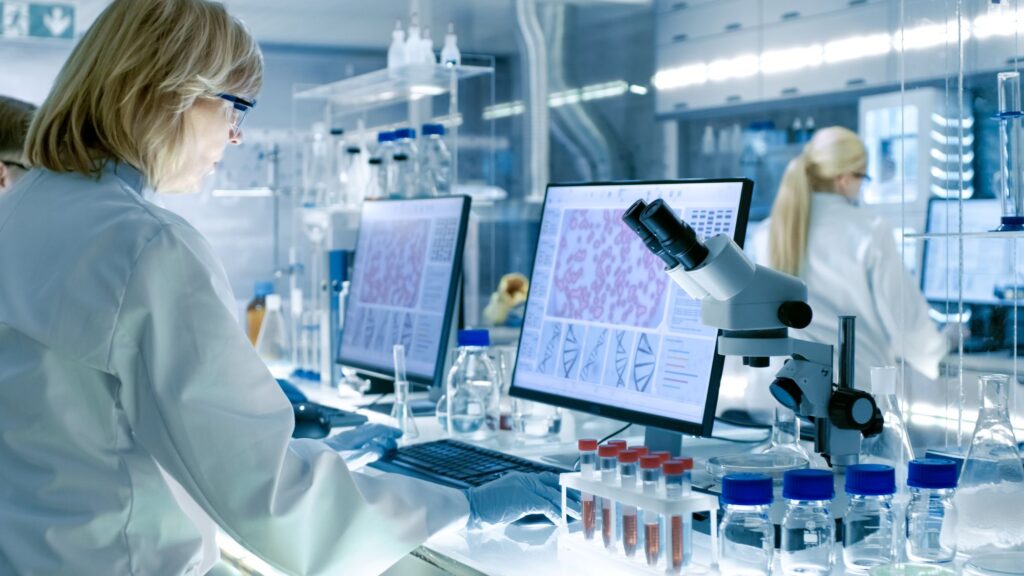
The report evaluates government research institutes in Israel and provides an international benchmarking analysis with selected public-sector R&D systems or research institutes globally.
Science, Technology and Innovation Indicators in Israel: An International Comparison -2023 – Part a – Key figures

The report consolidates a diverse range of metrics, which are analyzed, organized, and presented in tables and visualization. It tracks trends over time and compares Israel’s performance to selected countries. The analysis includes insights, dividing the data into three main chapters: the business sector, the governmental sector, and the higher education sector. An additional section focuses on national R&D expenditure, detailing its distribution across these sectors and offering international comparisons.
Manpower Needs in the Maritime Sector as a National Resource
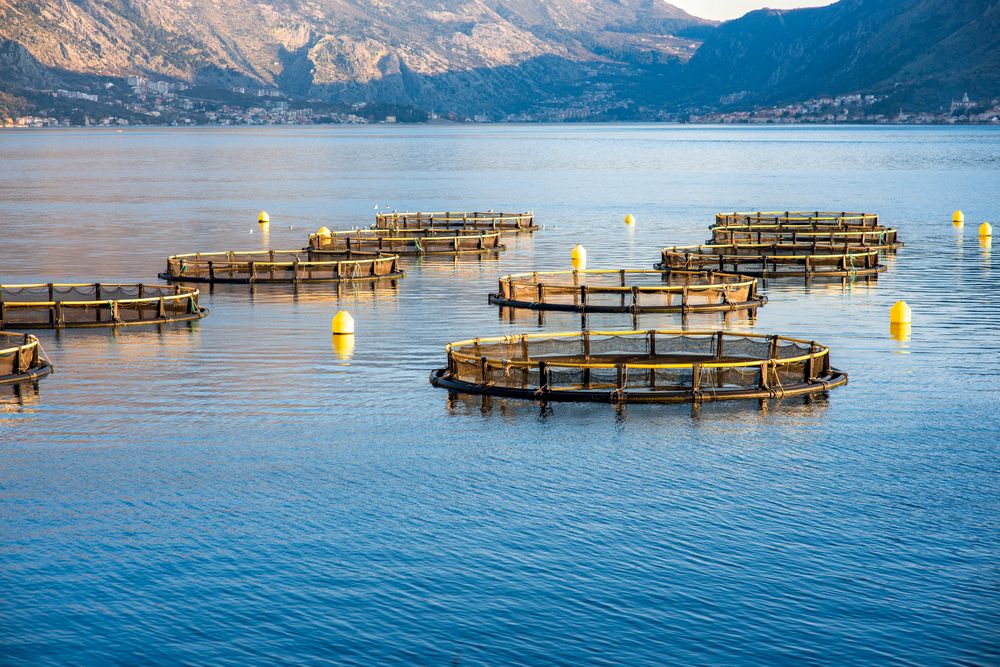
This report summarizes Part A of the work. The research aims to examine the following aspects in the field of ‘The Sea as a National Resource’: what professional disciplines are required, what educational continuum is currently provided within academic institutions, what human resource needs will be required in the field, what gaps exist, and what recommendations are needed to fill these gaps. The work will help expand understanding and knowledge regarding future scientific and technological human resource requirements for the field, providing background and a situation assessment that will contribute to policy-making processes and strategy development for investments in human resource training.
Indicators for evaluating the involvement of university researchers in the transfer of knowledge to society – Scientific and technological human capital – Selected topics – Part II
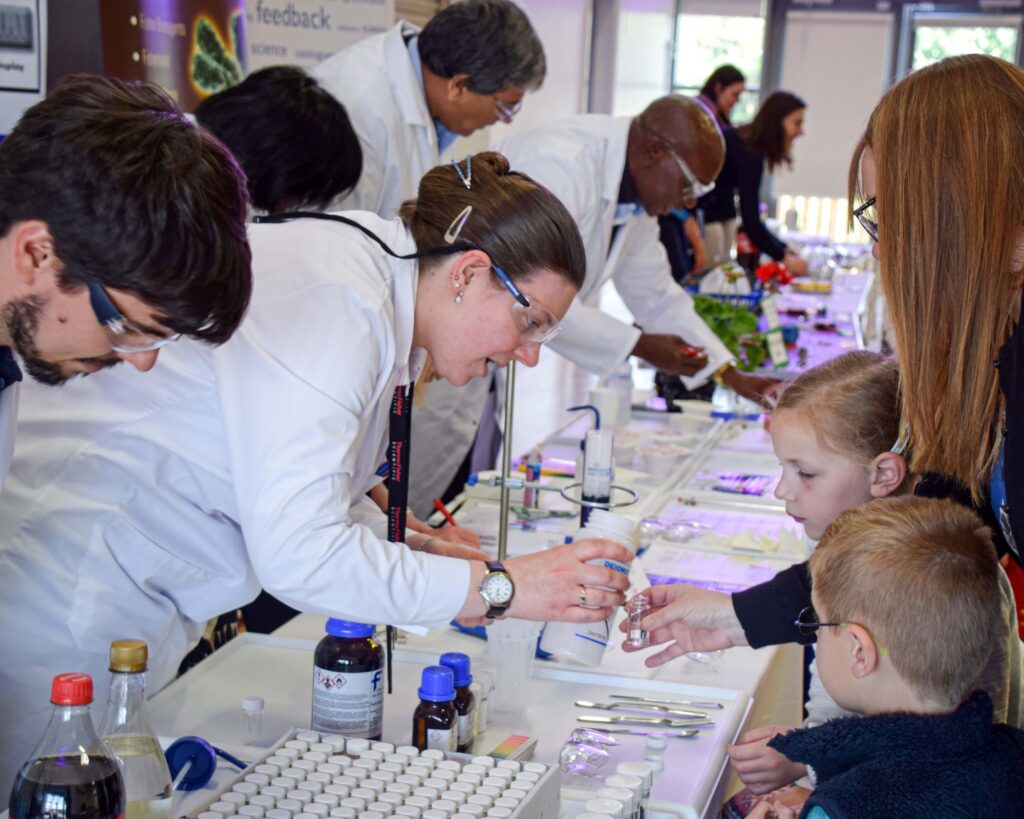
The current study, conducted at the Shmuel Naaman Institute, focused on reviewing international practices for defining, measuring, and encouraging social engagement among academic staff in countries such as the UK, the Netherlands, Australia, and New Zealand. The report includes an analysis of existing reports on metrics for social engagement by researchers, a review of metrics for measuring research impact on society by the Times Higher Education Impact Ranking, and an examination of incentive models at universities in Europe.
Science, Technology, and Innovation Indicators in Jerusalem, Tel Aviv, Haifa, and Be’er Sheva
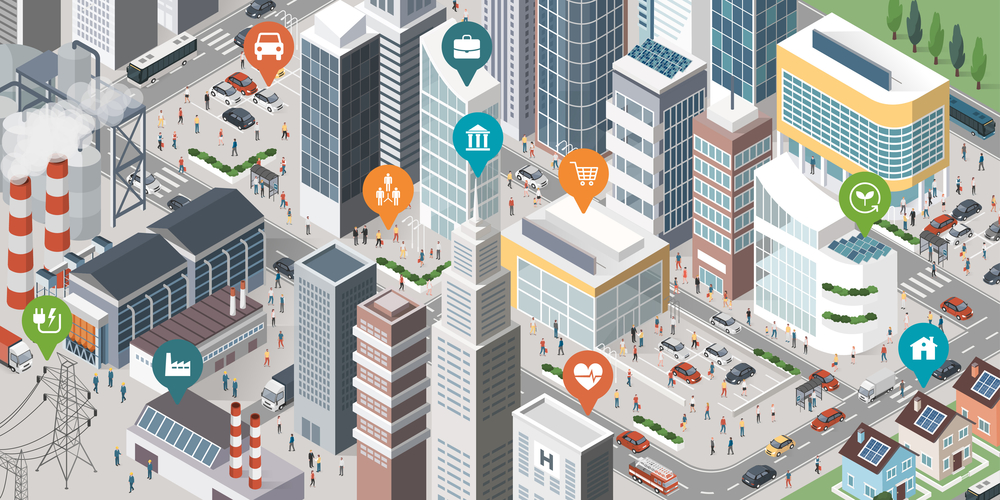
The report focuses on Israel’s main cities – Tel Aviv, Haifa, Jerusalem, and Beer Sheva – which have established themselves as significant hubs for technological advancement, talent attraction, investments, and fostering collaboration between academia, industry, and government. Through examining various indicators in these cities, the report provides insights into their economic and technological development, the effectiveness of their innovation policies, and the potential for knowledge transfer and spillover effects. These insights are intended to serve as tools for policymakers, entrepreneurs, and researchers to plan steps to promote growth and nurture an innovation-driven society.
Democracy as a Critical Infrastructure during a State of Emergency

Democracy is not only an essential infrastructure during normal times; in fact, safeguarding it becomes even more crucial during times of emergency. This document explores the intricate relationships between democracy, individual rights and emergencies. The authors acknowledge that acute crises, like natural disasters, pandemics or wars, may warrant deviations from both the formal facet of […]
